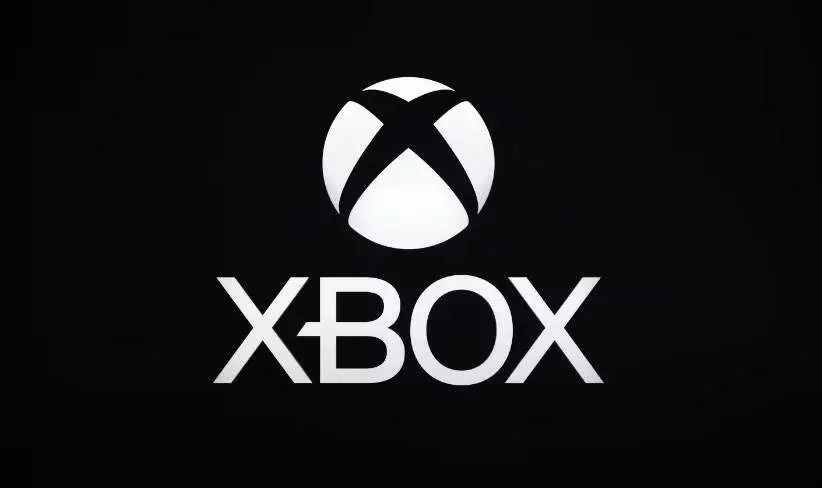The gaming industry has undergone significant transformations in recent years, with shifts in how players engage with games and the devices they use. Phil Spencer, CEO of Microsoft Gaming, has voiced a crucial perspective on this evolving landscape, emphasizing that the traditional console market isn’t growing as it once did. This assertion highlights an essential truth: the gaming ecosystem is changing. Instead of focusing solely on hardware sales, Microsoft is now looking beyond Xbox consoles to expand its reach through PCs, mobile devices, and cloud gaming.
The inability to see substantial growth in the console market doesn’t deter Microsoft’s plans for future hardware. Spencer speaks of a commitment to produce more consoles, hinting at a robust technological advancement with the upcoming next-generation Xbox, which he claims will represent the “largest technical leap” in the brand’s history. Interestingly, the exploration into “other devices” could further reflect the industry’s dynamic nature, including aspirations for a handheld Xbox device, still a few years away from fruition. This signals a broadening of horizons for the Xbox ecosystem, envisioning a world where gaming is not confined to a living room console.
Underpinning this shift towards multi-platform accessibility is a strategic focus on game availability. Recognizing that today’s largest titles often exceed the capabilities of any single platform, Spencer acknowledges that the environment is progressively more inclusive. This perspective aligns with the growing consumer preference for flexibility in how and where they play. Microsoft’s “This Is An Xbox” campaign exemplifies this attitude, as it shifts the narrative from Xbox as merely a console to Xbox as a service—accessible through various devices, including smartphones and televisions.
Rethinking Hardware Refreshes
An interesting point raised by Spencer is the company’s decision against pursuing mid-generation hardware refreshes similar to those introduced by competitors like Sony. He argues that such incremental changes provide minimal value unless they significantly enhance user experience. Indeed, the leap between console generations is less dramatic today than it was a decade ago, posing a challenge for hardware developers to justify frequent upgrades. The market now demands a convergence of experiences rather than an emphasis on sheer power and performance.
As Spencer articulates, the focus for Xbox is shifting towards enhancing the gaming experience itself—centered on the games, the characters, and the expansive worlds they inhabit, rather than solely on the devices that deliver them. By embracing a platform-centric worldview, Microsoft is positioning itself at the forefront of a new era in gaming where accessibility, diversity, and creativity take precedence. It appears that Xbox is not merely about what you play on but how and where you play, reflecting a broader trend that favors user experience over ownership of a dedicated box. As the landscape continues to evolve, Xbox’s commitment to versatile and inclusive gaming experiences may well secure its position as a leader in an increasingly fragmented gaming world.

